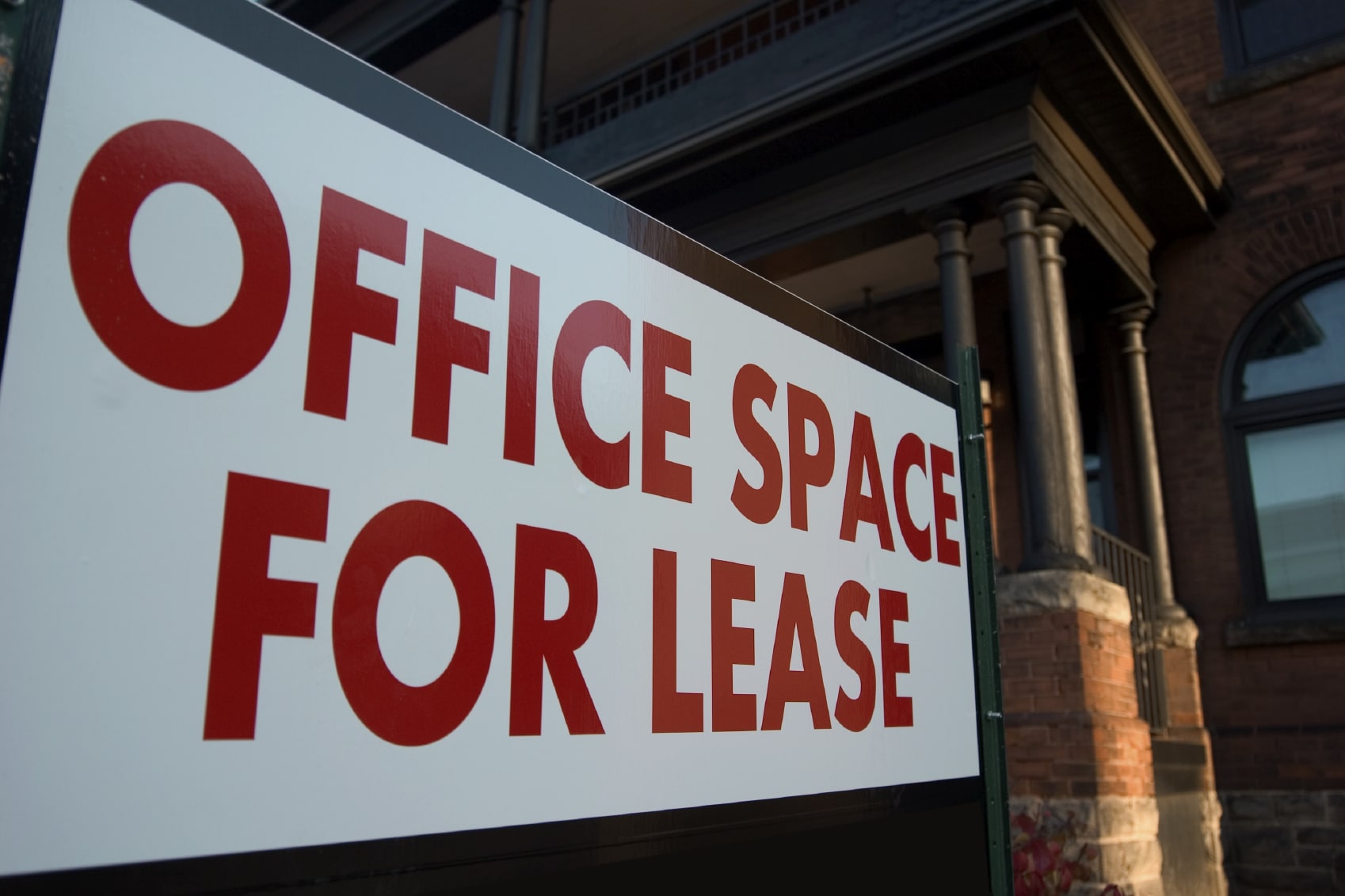Often rental negotiations for a commercial lease between a Landlord (the owner of the property) and a business Tenant begin with a Tenant presenting the Landlord with an Offer to lease a particular premises. These documents are generally shorter than leases and outline the agreed upon principal business terms. An Offer to Lease may or may not be binding on the parties so be careful when signing an Offer to Lease since, if it is binding, you will want to ensure that it reflects the deal that you think you are making.
Depending on how strong the Tenant’s bargaining position is, it is at the Offer stage that the Landlord may be willing to grant the Tenant certain concessions. A Tenant’s ability to obtain concessions will depend on the current rental market, the size of the space being rented, the availability of alternative rental space in the Landlord’s building and within the general rental market.
Some of the things that a Tenant should consider asking for at this stage are:
- A rent free period during which, as the name suggests, the Tenant occupies the premises without the requirement to pay rent. Sometimes additional rent is required to be paid and often the Tenant must still pay utilities during this period.
- A Tenant Improvement Allowance which is essentially a loan to the Tenant so the Tenant can complete its leasehold improvements (or “fit up” as it is commonly called). A Tenant Improvement Allowance is then amortized back into the basic rent over the term of the lease.
- A fixturing period which typically occurs prior to the lease commencement date and which the Tenant may use for the purpose of constructing leasehold improvements in the premises without having to pay basic and additional rent.
- The Landlord agreeing to complete some work required in the premises at the Landlord’s cost and expense.
- The Landlord granting the Tenant a restrictive covenant such as an exclusive right to carry on a certain type of business in the building or shopping centre.
An Offer to Lease will often contain a provision that requires the Tenant to enter into the Landlord’s standard form of lease within a certain period after signing the Offer. There is no such thing as a “standard form” lease. In fact, most commercial leases are very Landlord biased documents. You always need to read the lease before you sign it and have a lawyer review it to ensure that it doesn’t contain anything usual. Make sure that the Offer gives the Tenant the right to have it reviewed by the Tenant’s solicitor. You might even consider making the Offer conditional upon such review. If the Landlord won’t accept a conditional Offer, consider either having your solicitor review the standard form lease prior to signing the Offer, if the Landlord will provide it, or have the Offer provide for the right of the Tenant’s solicitor to negotiate reasonable amendments to the Landlord’s form of Lease.
We encourage you to seek out the proper advice to assist you with any concerns or questions regarding commercial leasing.
If you have any questions about the issues in this blog or any general questions about commercial leasing, feel free to contact me directly.
Catherine Ivey
Disclaimer: This article is provided as an information resource and is not intended to replace advice from a qualified legal professional and should not be relied upon to make decisions. In all cases, contact your legal professional for advice on any matter referenced in this document before making decisions. Any use of this document does not constitute a lawyer-client relationship.


